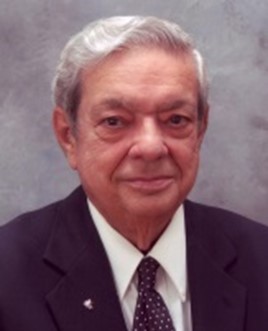Patent Cooperation Treaty
The Patent Cooperation Treaty
By: Joel Douglas, Eric Merenstein
The Patent Cooperation Treaty (PCT) is an international patent law treaty with over 150 contracting states. The PCT provides a procedure that enables at least one applicant to apply for patent protection for an invention in one or more of the contracting states on the basis of a single PCT patent application covering the invention (also referred to as an international patent application).
The PCT application can either be filed as a first patent application, or can claim priority to a patent application previously filed in another jurisdiction (e.g., a non-provisional patent application or a provisional patent application). An applicant generally has 12 months from the effective filing date of an earlier filed patent application to file a patent application (PCT or otherwise*) claiming priority to the earlier filed patent application.



